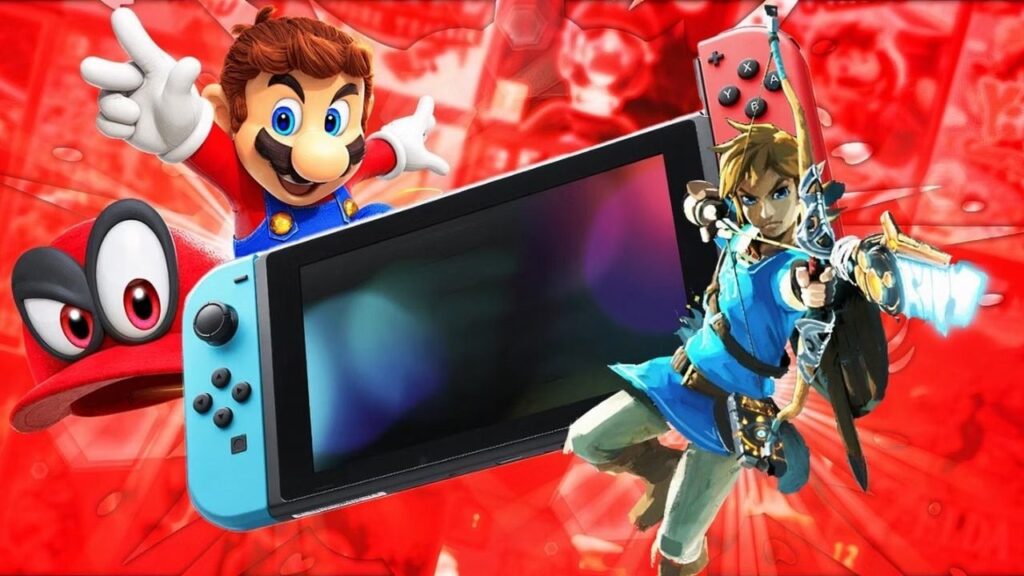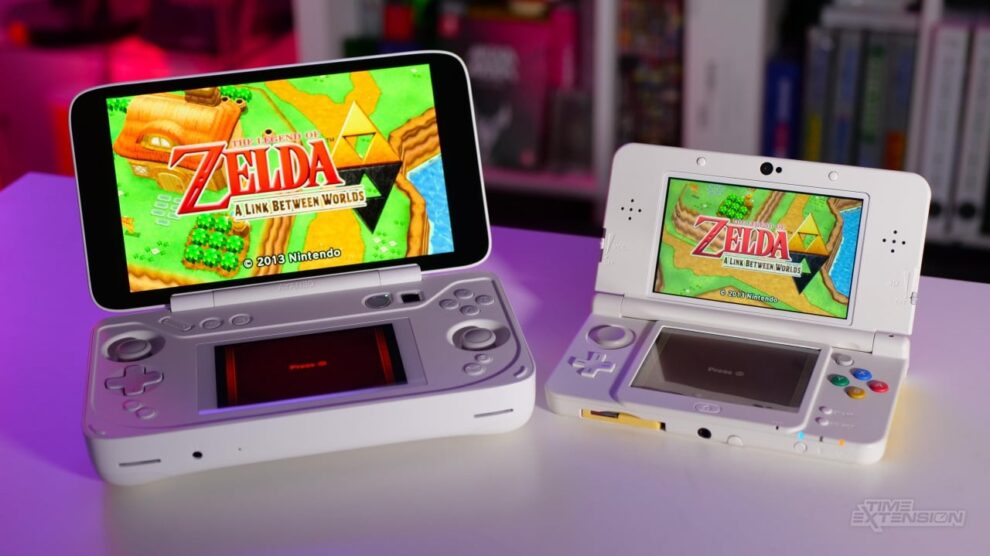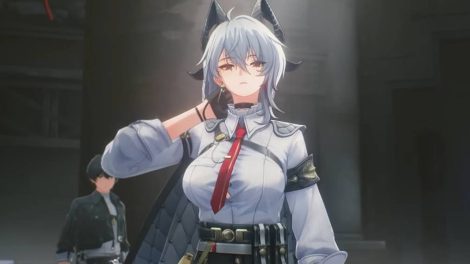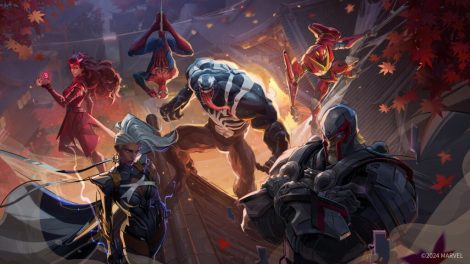In the ever-evolving landscape of gaming and content creation, the line between preservation, education, and copyright infringement can often blur. Nintendo, long known for its aggressive stance on protecting its intellectual property, has once again made headlines by issuing a copyright strike against a YouTube channel that reviews emulation handhelds. This action reignites the ongoing debate about fair use, the right to repair, and the preservation of gaming history.

The Copyright Strike: What Happened?
Nintendo has issued a copyright strike against Retro Game Corps, a YouTube channel that describes itself as offering “in-depth reviews and showcases” as well as “emulation setup guides. This marks the second strike for the channel, putting it in a precarious position given YouTube’s three-strike policy.
The channel’s owner, Russ, explained the situation in a statement on YouTube:
“My Wii U video was taken down and I received another copyright strike, even though this showcase video was no different than all of the tech demos and reviews I have made on this channel previously.”
Fair Use or Copyright Infringement?
Russ believes that his content falls under fair use, stating that the video “was for educational use, transformative in nature, and had no effect on the market”. He further argues:
“It was a demonstration of a console no longer for sale (even the Wii U eShop is closed, so the company itself has no means of earning revenue from Wii U sales).”
This argument touches on several key aspects of fair use doctrine, including the purpose of the use, the nature of the copyrighted work, and the effect on the market for the original work. However, fair use cases can be complex and often require legal interpretation.
The Dilemma of Challenging a Copyright Strike
Despite believing in the legitimacy of his content, Russ expresses reluctance to file a counterclaim:
However, I am reluctant to open that can of worms with a multi-billion dollar corporation, as their next step would be to file legal action.”
This hesitation highlights the power imbalance often present in copyright disputes between large corporations and individual content creators. For more information on the challenges content creators face, see our article on Navigating Copyright Challenges: A Guide for Content Creators.
Adapting Content to Avoid Future Strikes
In response to the copyright strikes, Retro Game Corps is making significant changes to its content strategy:
- No longer showing any Nintendo games on-screen during hardware demonstrations
- Blurring out “any Nintendo game content” on previous videos, including “even innocuous content like NES games”
- Re-editing and re-uploading existing videos to comply with these new self-imposed restrictions
These changes will likely impact the channel’s ability to showcase certain aspects of the emulation handhelds it reviews, potentially affecting the comprehensiveness of its content.
Broader Implications for the Emulation Community
This incident raises several important questions for the emulation community and content creators:
- How can reviewers showcase emulation hardware without risking copyright strikes?
- What are the boundaries of fair use when it comes to discussing and demonstrating older, discontinued gaming hardware and software?
- How does Nintendo’s aggressive copyright enforcement impact the preservation of gaming history?
For a deeper dive into these issues, check out our article on Emulation and Gaming Preservation: Balancing Copyright and Historical Value.
Conclusion
Nintendo’s copyright strike against Retro Game Corps highlights the ongoing tension between content creators, the emulation community, and large gaming corporations. While companies have the right and obligation to protect their intellectual property, cases like this raise questions about the limits of fair use and the impact of strict copyright enforcement on gaming culture and history.
As the gaming industry continues to evolve, finding a balance between protecting IP and allowing for educational and historical content will be crucial. Content creators like Retro Game Corps may need to continue adapting their approaches, while hopefully, companies like Nintendo might consider more nuanced approaches to copyright enforcement that don’t stifle legitimate discussion and review of gaming technology.
Related Links:










Add Comment